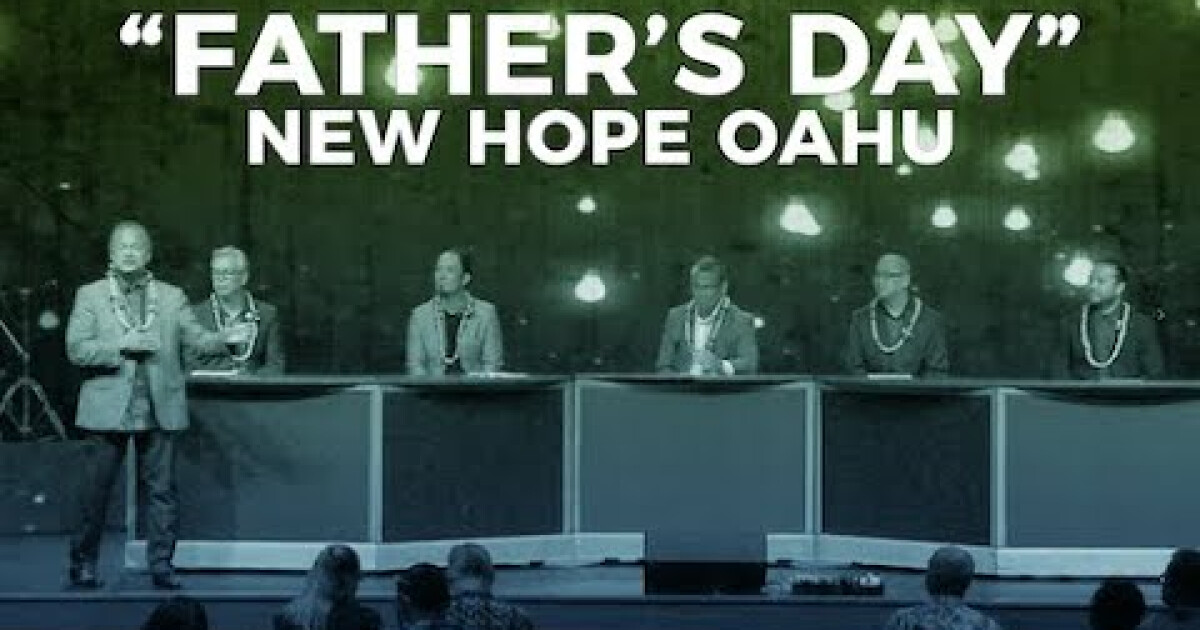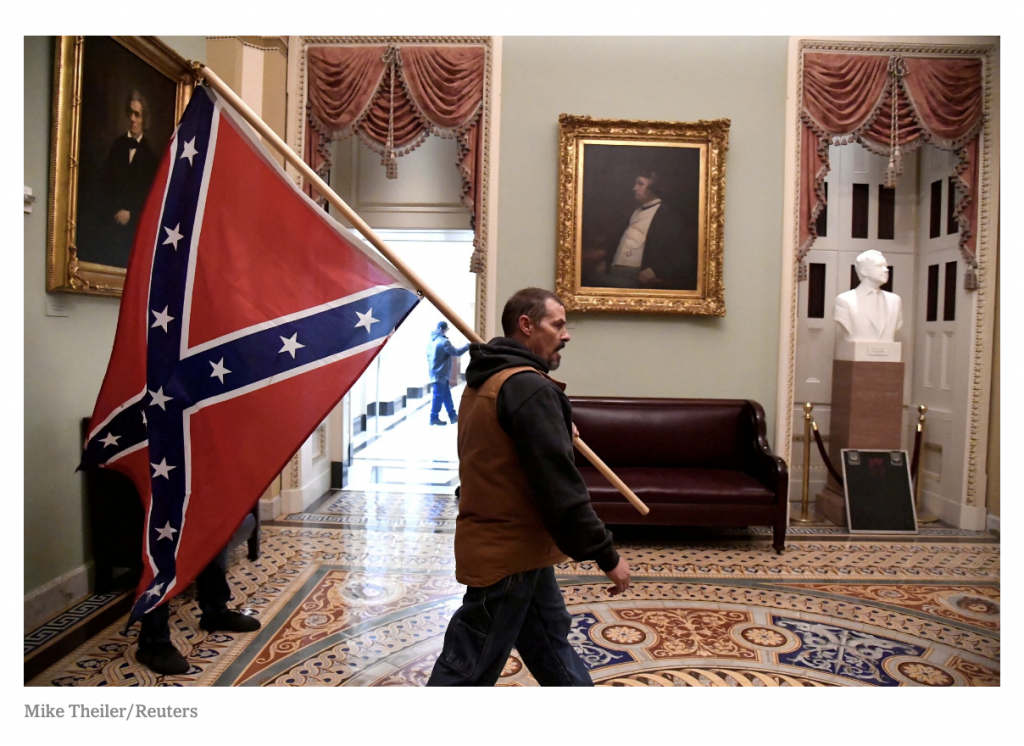


Wade decision, 9/11, and other seismic national events coincide with the latest metamorphosis within the conservative church.Īnother insight of the book is the development of a conservative religious economic and consumer culture, whereby a Christian family could immerse itself in a world of only Christian radio, publications, music, and the like-steering clear of any alternative faith-based viewpoint and certainly far away from non-religious writing and thinking.įor the Reformed Christian, this analysis drives one to ponder how the balance of influences one leans on shapes the totality of a world-and-life view. the aforementioned Gothard seminars, Promise Keepers, Dare to Discipline) that Du Mez chronicles, but her important achievement here is how she connects the dots for the reader, showing how momentum built up to the curious (to some) affection for a tough-talking, strongman politician.ĭu Mez also keeps us cognizant of the nation’s history alongside of these evangelical tides, noting how the Vietnam turmoil, the Roe v. I knew many of the personalities (e.g., Billy Graham, Phyllis Schlafly, John Eldredge, Jim Dobson) and popular movements (e.g. A relentless march toward a “strong man Jesus” and a faith inextricably linked to conservative cultural issues made this inevitable, she says, and backs up the claim with story after story of persons and movements that paved the way. Subtitled “How White Evangelicals Corrupted a Faith and Fractured a Nation,” the book traces the development of Christian nationalism and rugged masculinity that progressed among faith communities, decade to decade, until we wound up with 81% of white evangelicals voting for Donald Trump, the least likely champion of the Christian cause.Īs media pundits expressed surprise over that vote, Du Mez shows that this was no surprise at all. That memory came back to me as I read Kristin Kobes Du Mez’s insightful and immensely helpful book Jesus and John Wayne. I can’t say I ever cracked that notebook open after the seminars or remember much about the presentations, other than marveling each seminar at the huge auditorium filled with hundreds of other Christian young people from all over Chicagoland.

Until the last house move, I had the thick red notebook of study guides and test questions squirreled away in various boxes and attics. When I was in high school, everyone in my suburban church youth group was transported to McCormick Place, the large convention center along Lake Michigan in Chicago to take part in a Christian lifestyle conference series titled “Institute in Basic Youth Conflicts,” headed by the charismatic pastor Bill Gothard.įor several weeks, we attended workshops on how to be faithful Christians in a godless world.


 0 kommentar(er)
0 kommentar(er)
